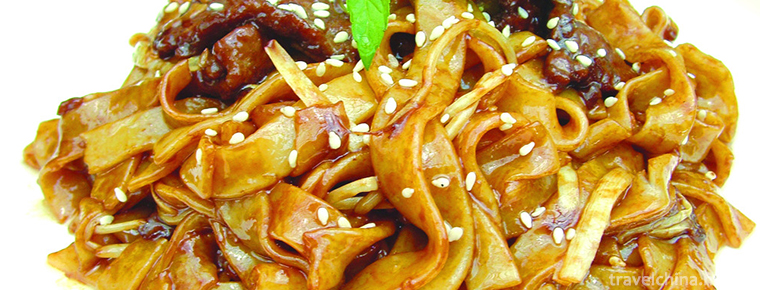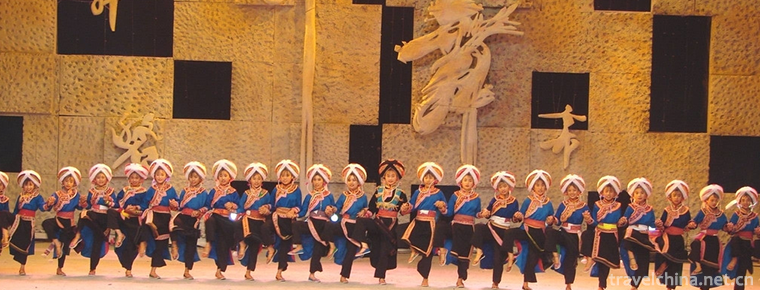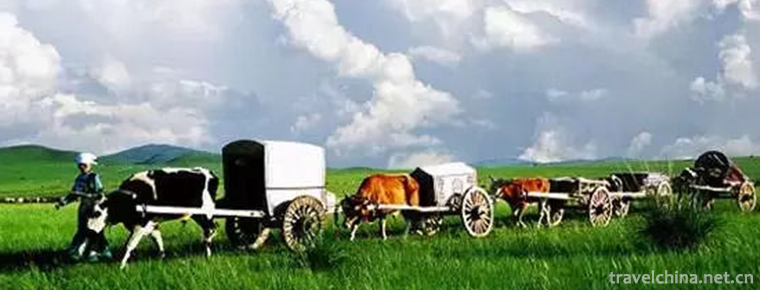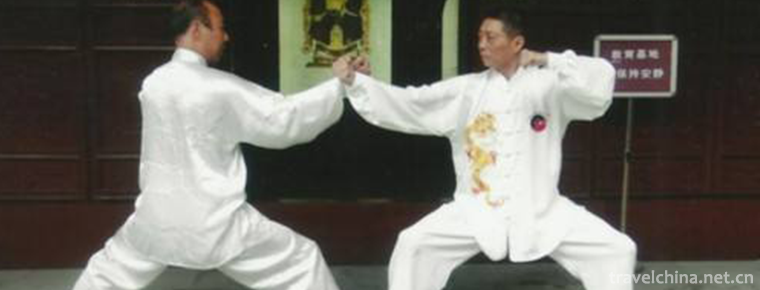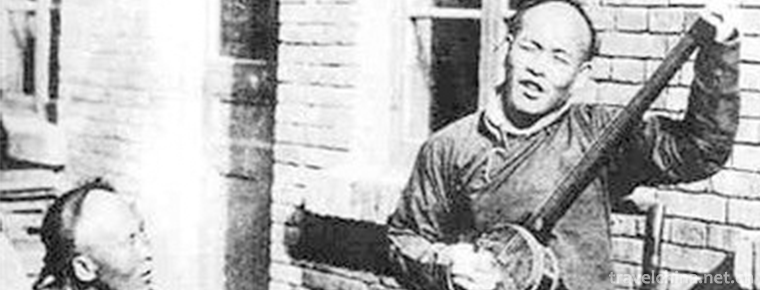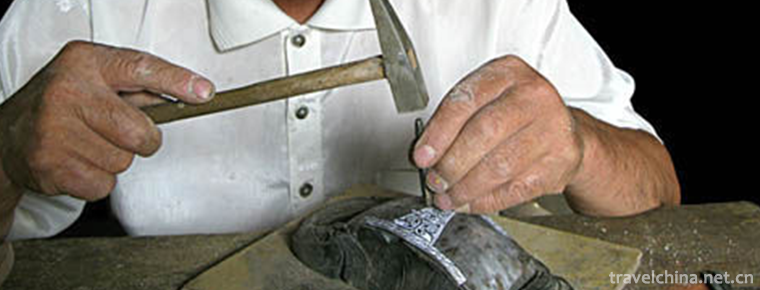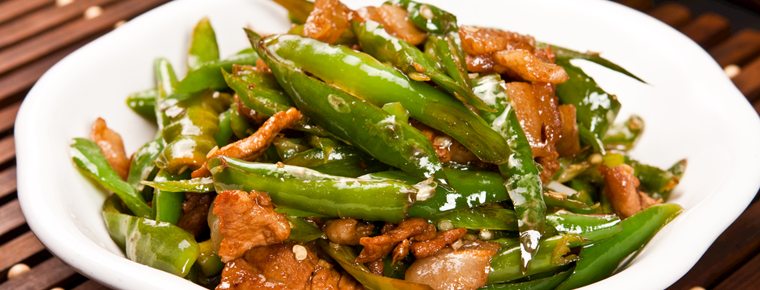Gulunmu Festival of Oroqen Nationality
Gulunmu Festival of Oroqen Nationality
The Oroqen ethnic group is one of the minorities with a small population in China. Since ancient times, it has multiplied and lived in the deep forest of Heilongjiang Valley and Xing'an Mountains. It is also known as the "King of Xing'an Mountains" and "the conqueror of severe cold". Because hunting and hunting have been used for generations, fire is particularly important to the life of the Oroqen people, who respect and fear fire. The Gulunmutuo Festival of the Oroqen Nationality is a national cultural phenomenon originating from the belief in the God of fire. This unique way of production and life has formed a unique traditional festival - Gulunmu Festival.
On May 20, 2006, the Olunchun Gulunmu Festival declared by Heilongjiang Province was approved by the State Council and listed in the first batch of national intangible cultural heritage list .
Historical origin
"Gulunmubu" is Oroqen language, meaning sacrifice to the God of fire. The Gulunmu Festival evolved from the ritual of offering sacrifices to the God of fire. Since ancient times, every family in Oroqen has lit bonfires in front of their doors on New Year's Day or auspicious days, burning incense and kneeling to pray for the God of fire to protect peace; before meals, they have to sprinkle wine and throw meat into the fire pond to show their worship. In the long run, a kind of folk custom has been formed which has been passed down from generation to generation.
The state attaches great importance to the protection of intangible cultural heritage. On May 20, 2006, the folklore was approved by the State Council and listed in the first batch of national intangible cultural heritage list .
Main activities
The Gulunmu Festival of the Oroqen Nationality is held every spring, when people take good wine, good meat, tents and other things and ride their families to the scheduled places to participate in the activities. During the festival, the activities are rich and colorful. During the day, horse racing, archery, shooting, wrestling, singing, dancing, storytelling, chess and playing wooden cards were held; at night, campfires were closed, and shamans were invited to dance gods and worship ancestors.
Inheritance significance
Gulunmu Festival is not a sole day of sacrificing gods to ancestors, but also contains rich literature.
Connotation. However, due to historical reasons, the activities of the Gulunmu Festival have been suspended for a long time. In recent years, although the masses spontaneously restored it, great changes have taken place in the way and content of the activities, and some traditional activities are on the verge of disappearance. Therefore, it is urgent to protect this folk festival.
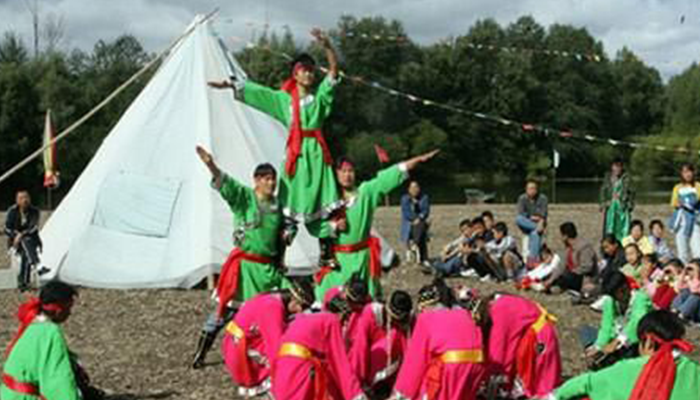
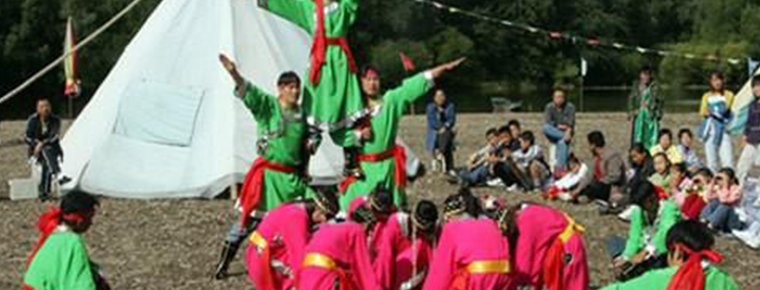
Gulunmu Festival of Oroqen Nationality
-
Dry fry rice noodles with beef
Dry fried beef river is a Cantonese dish made from materials such as sprouts, river meal and beef. One of the traditional snacks in Guangdong
Views: 311 Time 2018-11-14 -
Yanoda Tropical Rainforest Scenic Area
Yanuoda Tropical Rainforest Scenic Area is the only tropical rainforest located at 18 degrees north latitude in China. It is the concentration of five tropical rainforests in Hainan Island
Views: 140 Time 2018-12-12 -
Jilin Beidahu Skiing Ground
Jilin Beidahu Skiing Ground is located in Jilin Beidahu Development Zone, 53 kilometers away from Jilin urban area. Entering the ski resort, facing the Asian Games Village Hotel.
Views: 173 Time 2019-01-19 -
Jiajiang Tianfu Tourist Tea Garden
Jiajiang Tianfu Tourist Tea Garden is an important base invested by Tianfu Group in Western China. It is located in Jiajiang Tianfu Service Zone of Chengdu Chengdu
Views: 119 Time 2019-01-21 -
Emei Chito
"A Mei Qituo" is the original ecological dance name of a group of Yi people. It is translated as "Girl Marriage Dance" in Chinese and originated from Sanbao Yi Township in Qinglong
Views: 209 Time 2019-03-28 -
Production Techniques of Mongolian Lele Car
Lele cart is a cattle cart in Mongolian area, also known as roller cart. Its origin can be traced back to the "Yuan Yuan" recorded in Han Shu. As far back as the Qin and Han Dynasties, the H
Views: 215 Time 2019-06-03 -
Gentle boxing
Mianquan is a kind of uniform, soft, round, coherent, rigid and soft traditional boxing, which belongs to the intangible cultural heritage of Shanghai. Its movement is soft like cotton, the shape and
Views: 163 Time 2019-06-04 -
Ningxia Xiaoqu
Ningxia Xiaoqu, a national intangible cultural heritage project, is a traditional rap art form with strong local characteristics.
Views: 239 Time 2019-06-08 -
Lead tin carving
Lead and tin carving, a local traditional skill in Jingzhou City, Hubei Province, is one of the national intangible cultural heritage.
Views: 294 Time 2019-06-10 -
Beijing Union University
Beijing Union University was founded in 1985 by the Ministry of education. It is a comprehensive university in Beijing. Its predecessor was the 36 University branches in Beijing in 1978. After more th
Views: 189 Time 2019-09-06 -
Fried meat with chili
Stir fried meat with chili is a dish made with chili and streaky pork as the main ingredients and soybeans, garlic seeds, soy sauce, oil salt, monosodium glutamate and ginger as auxiliary ingredients.
Views: 229 Time 2020-03-18 -
Dazhous secondary industry
In 2019, the added value of all industries in Dazhou is 46.35 billion yuan, an increase of 8.7% over the previous year, of which the added value of industries above Designated Size will increase by 9.6% (see Table 2). Among the industries above
Views: 320 Time 2020-12-20
